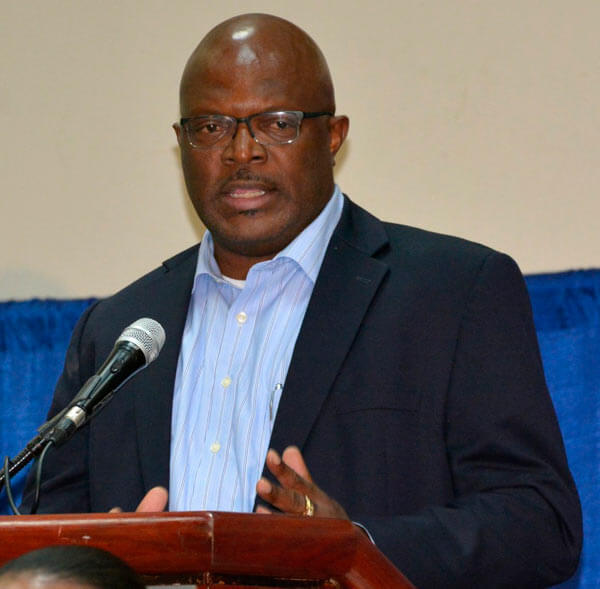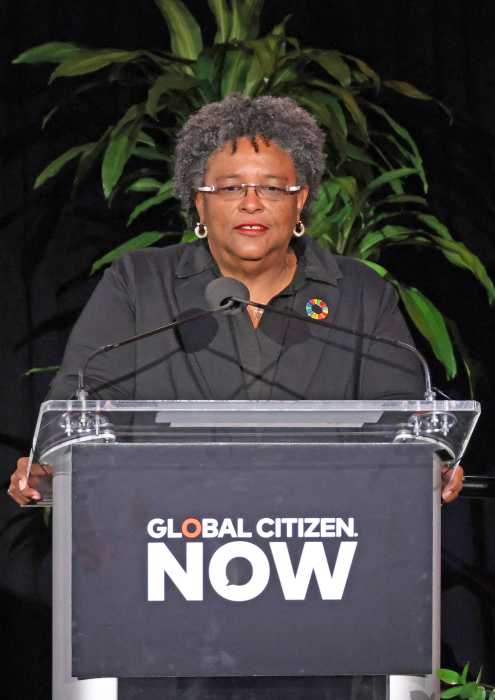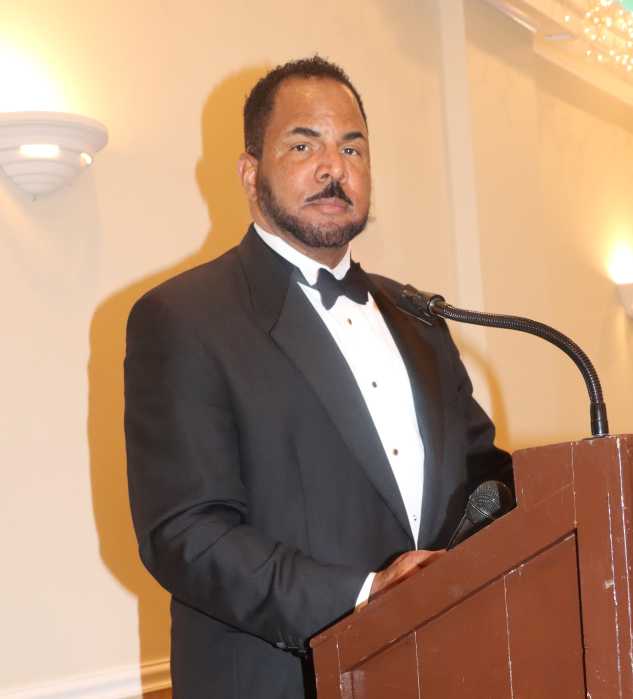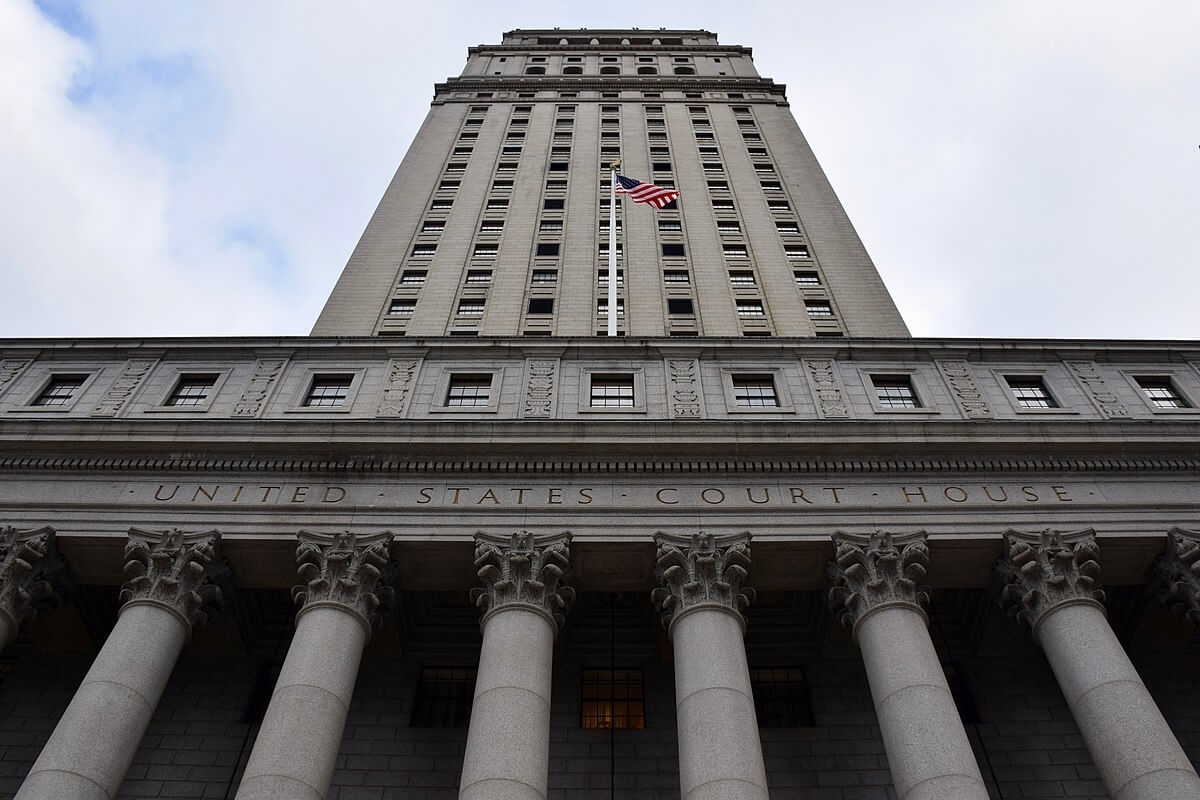On the day that the European Union released Barbados from its tax avoidance blacklist, the island’s Attorney General, Adriel Brathwaite, has warned of a need to put financial regulatory systems in order because playing ‘catch-up’ can be costly.
EU finance ministers Tuesday dropped Barbados and Grenada along with six other countries from its unilaterally compiled blacklist of jurisdictions deemed to be non-cooperative on taxation matters.
In December the EU had published a list of 17 countries worldwide, including Barbados, Grenada, St. Lucia and Trinidad and Tobago, claiming to have found loopholes in the legal framework and practices of those territories enabling European citizens and companies to escape paying home taxes.
Barbados and Grenada were dropped from that list on Jan. 23 reportedly “following commitments made at a high political level to remedy EU concerns.” A Reuters news agency report stated that “the move is in line with recommendations by EU tax experts in the Code of Conduct Group.”
But speaking in Parliament during debate on a resolution to provide financing to one of the island’s regulatory bodies, the Financial Services Commission (FSC), Brathwaite said, “we need to spend the money at this time [to] … strengthen the FSC. Strengthen the regulatory framework, because unless we do it we would continue to be playing catch-up.
“And when you play catch-up you end up spending hundreds of thousands of dollars flying across to Europe reacting as opposed to having your systems in place.”
Brathwaite, who prior to becoming attorney general practised as a corporate trustee lawyer in the offshore domain British Virgin Islands, made the remark on playing catch-up against the backdrop of his government’s statements in December and January showing the island had made frenzied efforts to get in line with EU demands.
“Over the past two weeks Barbados has engaged with the EU with respect to us being labelled as a jurisdiction of concern to the EU. My ministry has vigorously explained and defended our jurisdiction,” Minister of International Business, Donville Inniss, said last week after news emerged that Barbados will be dropped from the blacklist.
When the EU published the list in December, Inniss had undertook to begin urgent communication with the European authorities.
“The areas where we are weak we have to address them,” Brathwaite said Tuesday.
“What is in the best interest of this country at this juncture is to provide those regulatory agencies … with the fiscal and regulatory support so they can tackle all the issues that we have presently before us,” the attorney general added in an indirect admission that all is not well in the system.
“It’s no use saying that we regulate our banks but we don’t go around and do any evaluation of the banks. It’s no use saying that we regulate our trust companies and we don’t go around and check to see that they’re doing what they are supposed to do.”
Citing another reason for Barbados to reinforce its financial regulatory system, Brathwaite spoke about the frequently changing conditions that developed countries design to suit themselves and impose on small territories such as Barbados.
“The goal-post in terms of our financial services sector keeps on moving, whether it be by the OECD (Organisation for Economic Cooperation and Development), the EU, or FATF (Financial Action Task Force). And this will continue.
“But unfortunately, as a little country like us, we also therefore have to move and respond. We cannot sit back and say they’re unfair without showing how they’re unfair.
“We need to show that we have the right framework in place, the right laws in place, the requisite number of inspectors in place.”

























